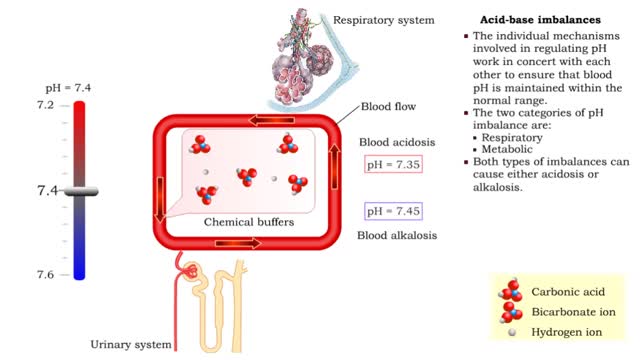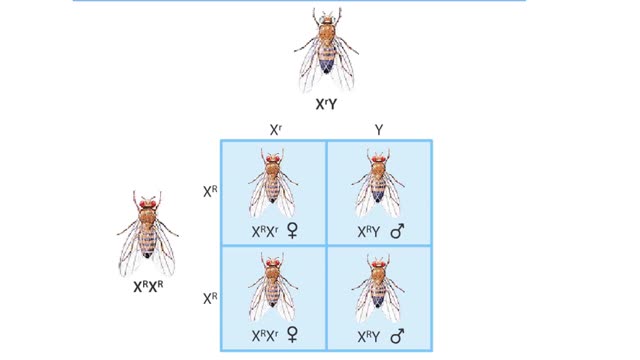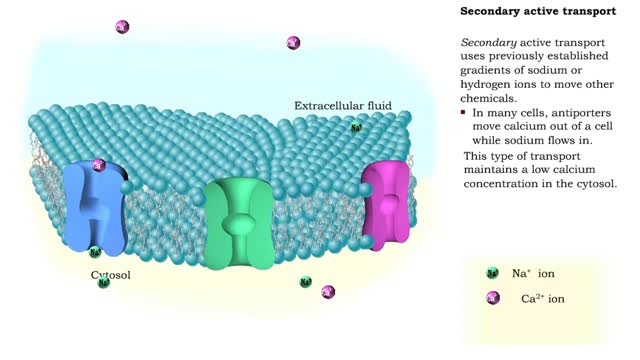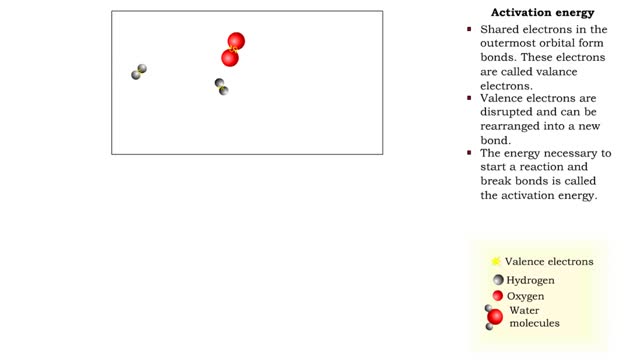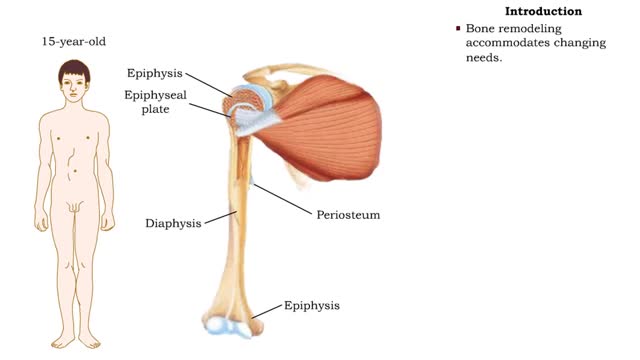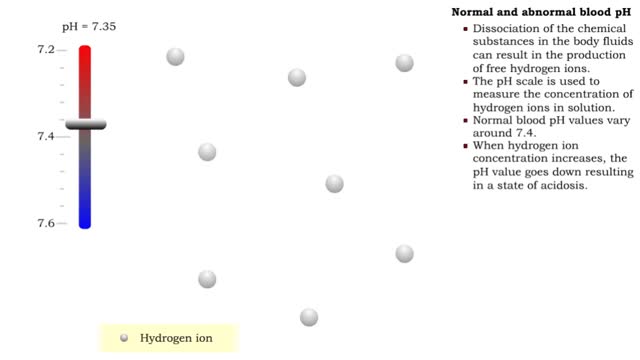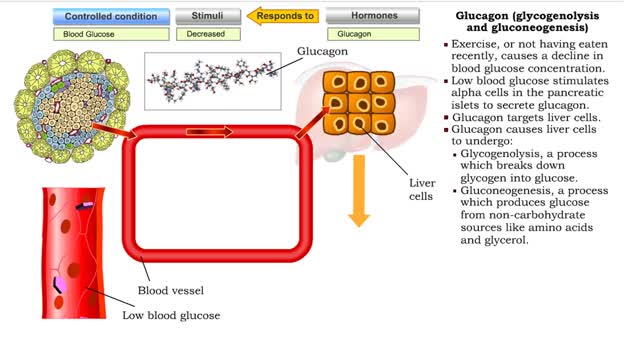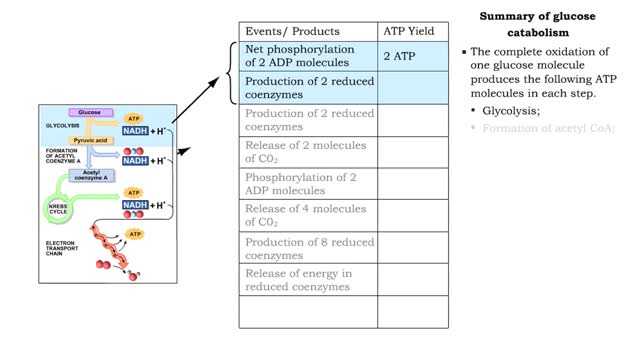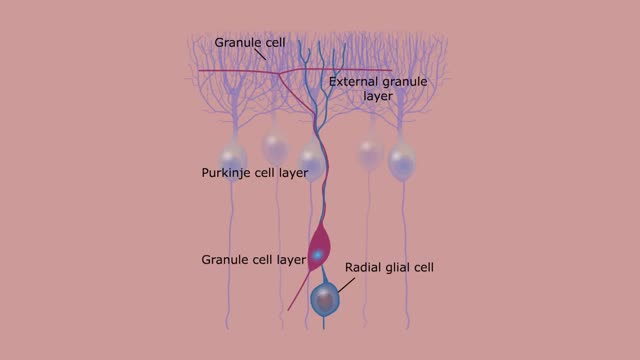Search Results
Results for: 'Homework Clinic'
Acid-base imbalances - respiratory acidosis and alkalosis
By: HWC, Views: 9907
• The individual mechanisms involved in regulating pH work in concert with each other to ensure that blood pH is maintained within the normal range. • The two categories of pH imbalance are: • Respiratory • Metabolic • Both types of imbalances can cause either acidosis or alka...
Sex-Linked Traits! How are eye colors inherited in fruit flies?
By: HWC, Views: 8630
The eye color gene is located on the X chromosome (one of the sex determining chromosomes of Drosophila). White eye color is recessive. When a red eyed male mates with white eyed females, their daughters will have red eyes, but their sons will have white eyes.
By: HWC, Views: 10263
Energy stored (in a hydrogen or sodium concentration gradient) is used to drive other substances against their own concentration gradients Secondary active transport, is transport of molecules across the cell membrane utilizing energy in other forms than ATP. In many cells, antiporters mov...
Activation Energy - Valence Electrons
By: HWC, Views: 9136
■ Shared electrons in the outermost orbital form bonds. These electrons are called valence electrons. ■ Valence electrons are disrupted and can be rearranged into a new bond. ■ The energy necessary to start a reaction and break bonds is called the activation energy. ■ Reactants have...
By: HWC, Views: 9966
• After birth, bones grow in thickness and length. • Bones grow in diameter via appositional growth at the periosteum. • Epiphyseal plates enable lengthwise growth of long bones, such as the humerus, by interstitial growth. • Bone remodeling accommodates changing needs. • While th...
By: HWC, Views: 9698
• Dissociation of the chemical substances in the body fluids can result in the production of free hydrogen ions. • The pH scale is used to measure the concentration of hydrogen ions in solution. • Normal blood pH values vary around 7.4. • When hydrogen ion concentration increases, t...
Glucagon (glycogenolysis and gluconeogenesis)
By: HWC, Views: 9511
• Exercise, or not having eaten recently, causes a decline in blood glucose concentration. • Low blood glucose stimulates alpha cells in the pancreatic islets to secrete glucagon. • Glucagon targets liver cells. • Glucagon causes liver cells to undergo: • Glycogenolysis, a proce...
By: HWC, Views: 9921
■ The complete oxidation of one glucose molecule produces the following ATP molecules in each step. • Glycolysis; • Formation of acetyl CoA; • Krebs cycle; • Electron transport chain. ■ In addition, glucose catabolism produces six CO2 molecules and water.
Cavernous Sinus Larynx Middle Ear Orbit: Granulesm Animation
By: HWC, Views: 8992
The cavernous sinuses are located within the middle cranial fossa, on either side of the sella turcica of the sphenoid bone (which contains the pituitary gland). The cavernous sinuses, a rich plexuses of veins that surround the internal carotid arteries, lie lateral to the pituitary fossa. Ant...
Advertisement



